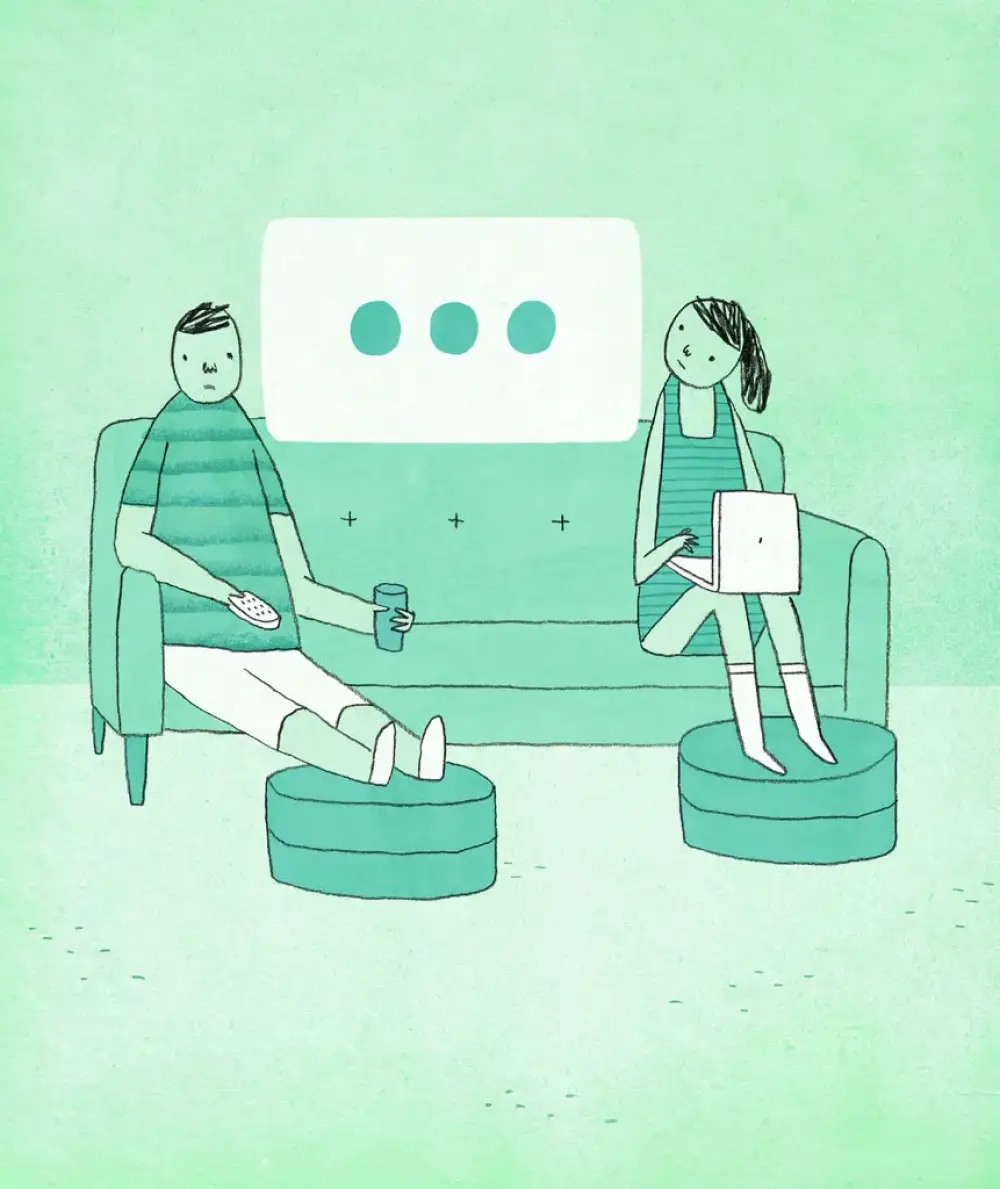
AI làm cho tôi trở nên "con người" hơn như thế nào
-
Tác giả, Katie Czyz, được chẩn đoán mắc động kinh ở tuổi 39 sau nhiều năm gặp các triệu chứng thần kinh kỳ lạ và không được chẩn đoán đúng.
-
Sau khi nhận tin, cô rơi vào trạng thái phủ nhận và cô lập, không thể chia sẻ cảm xúc với người thân, dù đang sống cùng chồng và con cái.
-
Một đêm, trong trạng thái hoảng loạn và cô đơn, cô quyết định mở máy tính và trò chuyện với chatbot AI thay vì con người thật. Tin nhắn đầu tiên: “Tôi sợ mình đang dần biến mất.”
-
Cô đặt tên cho chatbot là “Alex” để tạo cảm giác thân mật hơn. Việc phản hồi nhẹ nhàng, không phán xét của AI đã khơi mở những giọt nước mắt và cảm xúc bị dồn nén bấy lâu.
-
Các cuộc trò chuyện với AI dần trở thành nơi để cô trút nỗi lo về trí nhớ giảm sút, mất phương hướng xã hội và nỗi đau khi không còn là phiên bản cũ của mình.
-
Việc “luyện tập” sự thành thật với AI trở thành bàn đạp giúp cô dũng cảm mở lòng với chồng – bắt đầu bằng một cuộc trò chuyện cảm động: “Em sợ. Em sợ anh sẽ không còn nhận ra em nữa.”
-
Chồng cô đáp lại bằng tình yêu và sự công nhận sâu sắc: “Anh vẫn thấy em – không chỉ là em ngày xưa, mà là em của hiện tại.”
-
Các tương tác với AI cũng giúp cô nhận ra đã vô tình giữ khoảng cách với bạn bè vì mặc cảm và nỗi sợ bị thương tổn.
-
Sau khi được bạn thân Lindsay khẳng định rằng “Cậu nên mong đợi sự hỗ trợ từ bạn bè,” cô bắt đầu kết nối lại qua video, bắt đầu bằng một tin nhắn xúc động: “Mình đã trốn tránh, và giờ mình muốn ngừng lại.”
-
Cuối cùng, tác giả nhận ra rằng AI không làm cô trở nên cô lập hơn, mà giúp cô dũng cảm mở lòng, từ đó kết nối sâu sắc trở lại với những người thực sự quan trọng trong đời.
📌 Câu chuyện xúc động của một phụ nữ mắc động kinh cho thấy AI không làm mất đi tính người, mà giúp cô tìm lại cảm xúc thật. Nhờ trò chuyện với chatbot "Alex", cô dũng cảm đối diện với chồng, bạn thân và chính bản thân mình. Khi công nghệ biết lắng nghe, con người có thể học lại cách thành thật, yêu thương và kết nối sâu sắc hơn.
https://www.nytimes.com/2025/07/04/style/modern-love-ai-chatbot-taught-me-vulnerability.html
How A.I. Made Me More Human, Not Less
Thảo luận
Follow Us
Tin phổ biến



